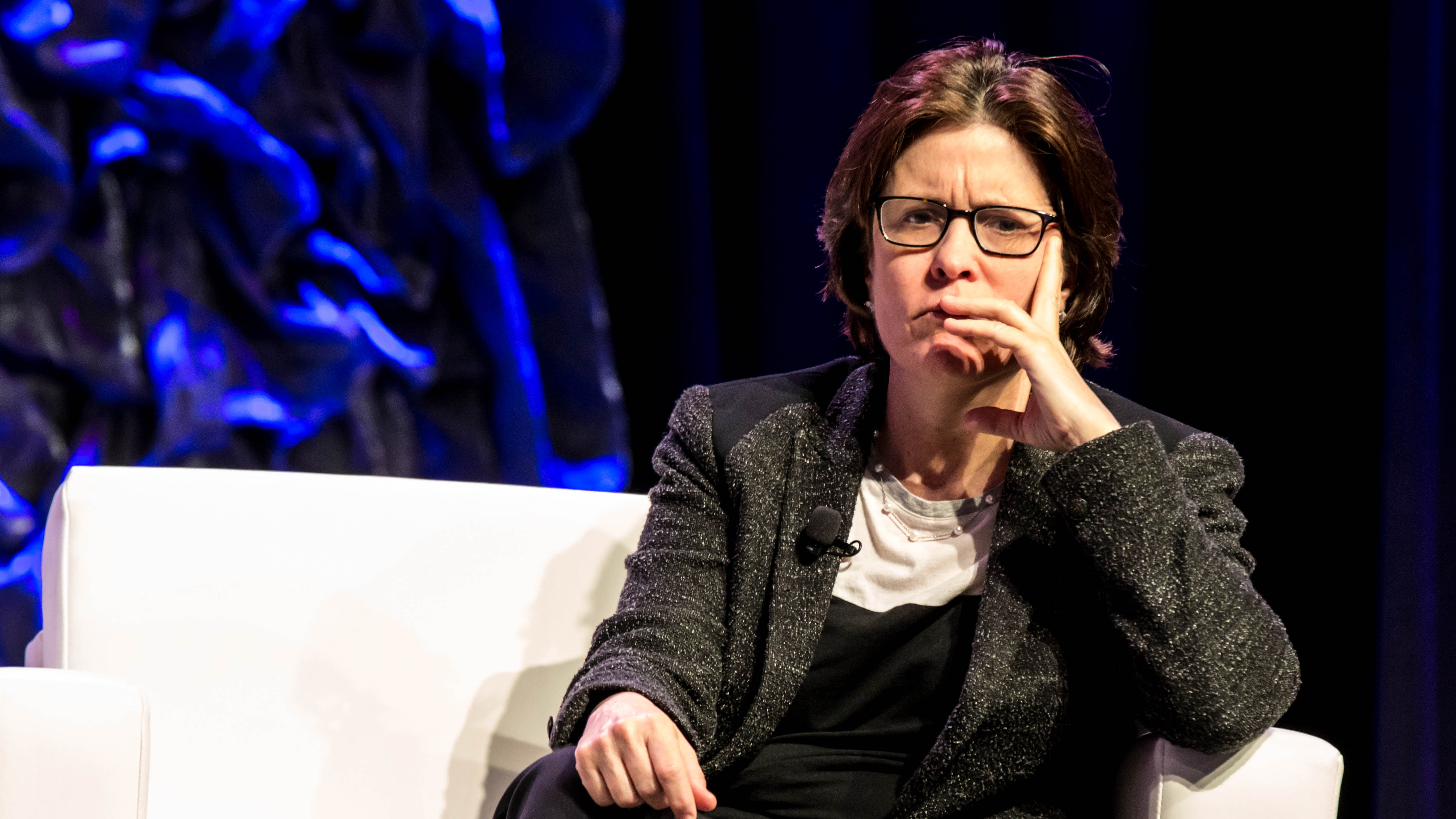Kara Swisher, Recode podcast founder and longtime tech journalist, is one of Silicon Valley's most astute watchdogs.
Swisher, who spoke with Willamette Week's publisher Mark Zusman at the Techfest NW conference in April, says she's "willing to call a fuck a fuck." She's critical of the missteps of "fucks" at Facebook and other young tech companies, but not surprised.
"When you look at the lack of diversity, lack of viewpoint and lack of life experience in Silicon Valley," she says, "it was clear there was going to be a problem as people got wealthier and started to control more."
During an early tour of Facebook Live, Swisher says she pointed out to the executives present the ways in which users could potentially abuse the app—like committing crimes or suicide on a live stream—but was dismissed as pessimistic.
"Their response," she says, "was to say 'Oh Kara, you're so negative.' I was like, 'Have you not met the human race?'"
That shirking of responsibility is what has caused many of Facebook's problems, Swisher says, including getting hacked by Russians.
"It's insane they let the Russians take over the platform and didn't notice it," Swisher says.
But, she continues, "[Mark Zuckerberg], he's really a lovely person. And I think he's trying really hard. He's quite earnest, and so are the Facebook executives. They're like, 'We feel bad.' And I'm like, 'That you ruined democracy? Ok.'"
The abuses that have occurred on sites like Facebook aren't only due to executive's inability to take responsibility, Swisher points out, but the lack of regulation in the tech industry that allows such missteps to occur.
"The tech industry is the least regulated in the planet—just ask any other regulated body," she says. "And that's a problem."
Sites like YouTube and Facebook, Swisher adds, get millions of submissions—many more than human employees can possibly sort through—and must rely on algorithmic solutions.
The questions we should be asking, Swisher says, are: "Who is putting the stuff into the algorithm? Who is making the algorithm? And, how do they employ the algorithm?"
With the future of work moving more and more towards digitization, Swisher adds that tech education is crucial.
"Any job that can become digitized, will become digitized—and maybe should be digitized," she says. Adding, "There's a bottom group of people that are not prepared for what's coming, and we've let them down enormously—in education especially."
Watch Swisher's full TFNW talk here.

